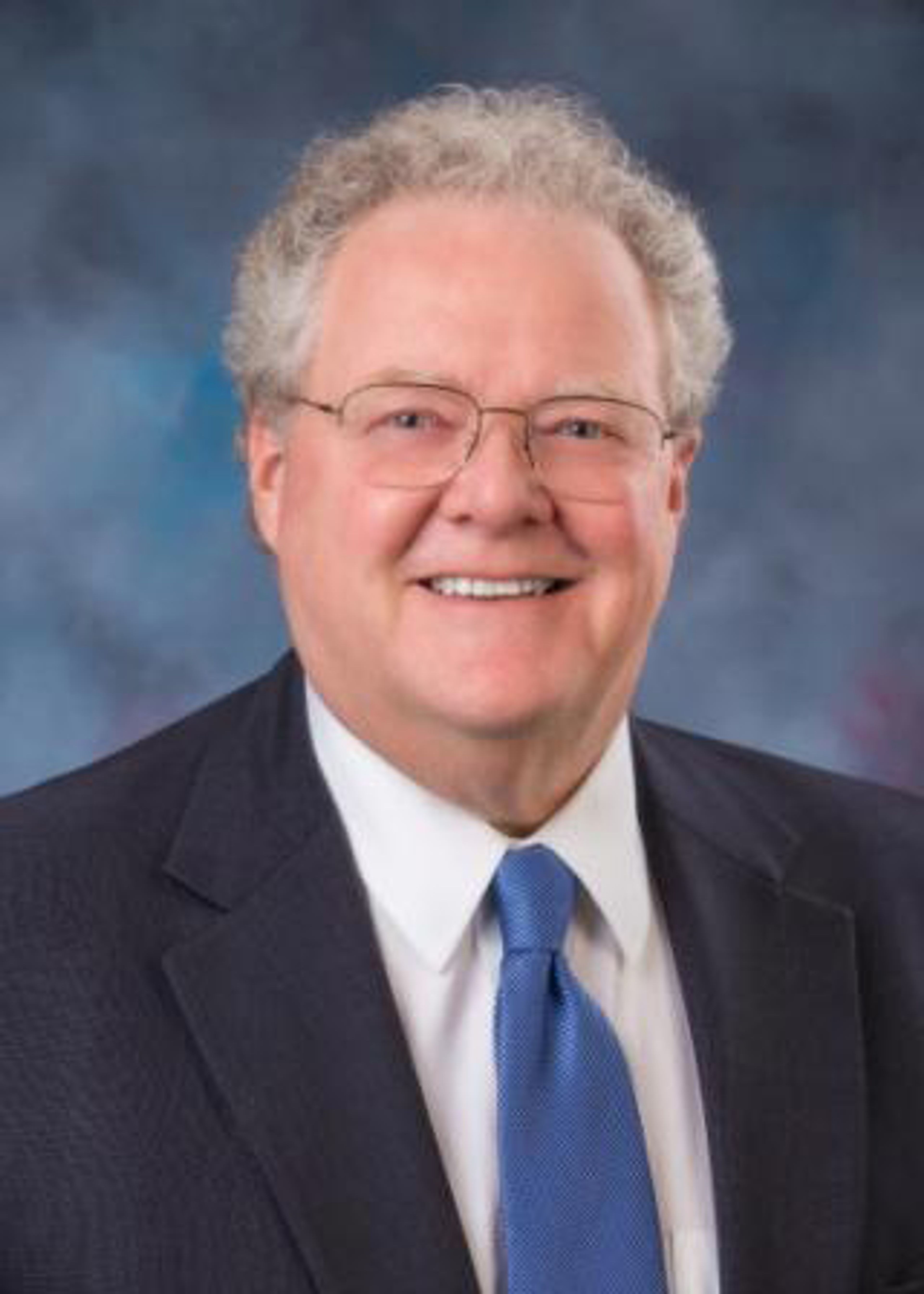JEERS ... to Clearwater Paper President and CEO Arsen Kitch.
As the current leader, he bears responsibility for addressing how his company failed to level with the Lewiston-Clarkston community about the release of hundreds of pounds of toxic chlorine gas. The Environmental Protection Agency has levied more than $350,000 in fines.
There are worse actors. But neither is this an act of God beyond Clearwater Paper’s control, nor is it the handiwork of nitpicking EPA bureaucrats scrutinizing the company for technical violations.
The sizeable fine reflects:
Frequency — Four times between Sept. 16, 2019, and Jan. 20, 2021, the operation exceeded the reportable amount of 10 pounds of chlorine.
Amounts — In the first incident, Sept. 16, 2019, 53 to 171 pounds of chlorine entered the valley’s air shed during a 24-hour period. The pattern continued on Sept. 20, 2019, when 122 pounds of chlorine were released. On Jan. 6, 2020, 24 to 55 pounds escaped. And on Jan. 20, 2021, another 12 pounds were released.
Effects — At least a few employees required at least some kind of onsite emergency response.
Delays — The company was legally obligated to report the gas release immediately to the National Response Center, the State Emergency Response Commission and the Local Emergency Planning Commission. Presumably, disclosures empower the community as well as individuals to respond in a manner they deem reasonable. The 2021 release was reported nine hours late. In the remaining cases, the company waited months to acknowledge the incidents.
All of which is reflected in the complexion of the fine. The largest component — $237,319 — involves violations of the Emergency Planning and Community Right-to-Know Act.
From the distance of its Spokane headquarters, Clearwater Paper spokesperson Matt Van Vleet offered assurances: “The company is fully committed to complying with all environmental laws and regulations and to the safety of our employees and the communities in which we operate.”
Given the scope of these violations, you’d have to question that commitment.
CHEERS ... to interim Clarkston City Attorney Todd Richardson.
By most accounts, Richardson seemed to calm the waters at Monday’s city council meeting as he navigated through case law involving how far communities can go toward policing homelessness. In its recent ruling involving Grants Pass, Ore., the U.S. Supreme Court found communities could prevent homeless people from camping on public property without violating the Constitution’s prohibition against cruel and unusual punishment.
“Right now, the law is directing what we have to do, and sometimes the law isn’t clear,” Richardson said.
As an attorney, Richardson focused largely on the city’s legal liability if it responds to those decisions too quickly in its handling of Foster Park, where homeless people can camp from 9 p.m. to 7 a.m. But his advice also has the benefit of buying time for any community leaders who are seeking a humane solution.
“It’s not perfect, but it’s what we have now,” Richardson said.
JEERS ... to Idaho Freedom Foundation policy analyst Niklas Kleinworth.
In a recent column, Kleinworth fused together a social media video depicting migrants exiting a bus in Boise to undocumented immigration and then laid the blame at the feet of the Idaho nonprofit Jannus Inc.
“We cannot be certain that Jannus’ operations, specifically, are driving illegal immigration to the Gem State. But the overarching welfare culture allows illegal immigrants to take advantage of taxpayer-funded programs,” Kleinworth wrote.
It turns out — as former Idaho Supreme Court Chief Justice Jim Jones countered in his weekly column — that Jannus got smeared.
For the most part, the nonprofit relies on contributions and private grants to support most of its services, including preschool, veteran, seniors and public education programs.
It also serves refugees — people who have been vetted and sponsored before legally entering the United States — allocating federal temporary housing grants to help with their transition. In 2022, the nonprofit’s Agency for New Americans helped 1,270 refugees — including 512 from Afghanistan and 329 from Ukraine — relocate in Idaho.
Maybe Kleinworth is confused.
Or maybe the distortion was deliberate.
CHEERS ... to Ben G. Fuhriman, of Shelley, Idaho.
He clinched the GOP nomination for a House seat over three-term incumbent Rep. Julianne Young, R-Blackfoot, by the narrowest margin in recent memory.
Through a monthlong rollercoaster of recounts and changing numbers, Fuhriman kept his perspective — and his sense of humor.
As the May 22 Republican primary closed, Fuhriman led by 10 votes — out of 7,524 ballots cast.
Eight votes disappeared when a canvass conducted by county clerks found a discrepancy in Butte County.
A tally that tight allowed Young the opportunity to recount the votes at public expense. Conducted on June 20-21, the process flipped one vote from Young to Fuhriman, which settled the matter by four votes. Had it gone the other way and one of Fuhriman’s votes flipped to Young, however, the contest would have been decided by a coin toss.
As the Idaho Capital Sun’s Clark Corbin noted, former Sen. Fred Martin, R-Boise, won his seat by 11 votes in 2018. In her 2010 House race, now state Treasurer Julie Ellsworth won by seven votes. Six votes handed former Rep. Russ Mathews, R-Idaho Falls, his seat in 2004. And a 14-vote difference launched House Speaker Mike Moyle, R-Star, on his legislative career in 1998.
All of which stresses the importance of each vote, Fuhriman said.
“I’m an overachiever,” he said. “I needed only one vote. I got four.” — M.T.












